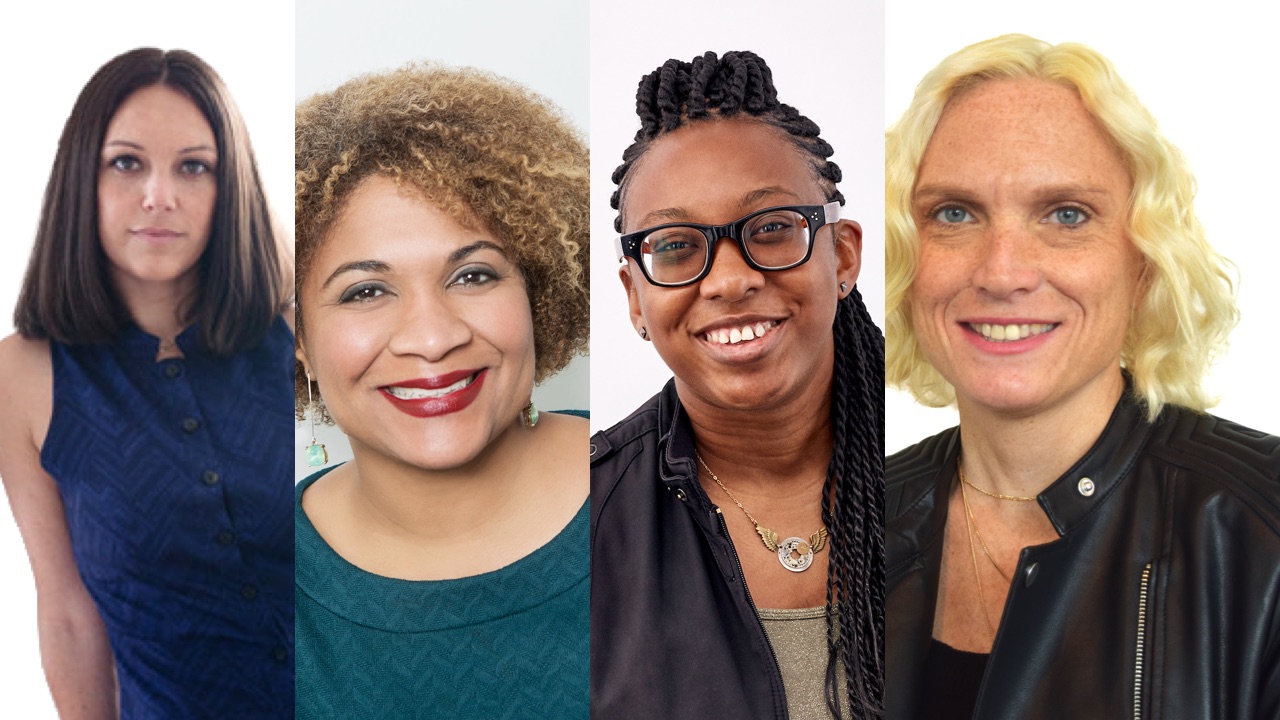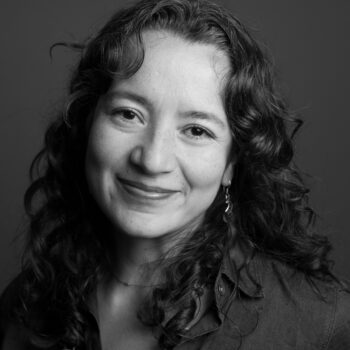It’s been a year since the country erupted in protest against the nomination of Brett Kavanaugh to the Supreme Court.
What brought many progressive organizations to the fight against Kavanaugh was a shared analysis that his presence in the Supreme Court would mean the end of the Affordable Care Act, and the rapid erosion of rights for women, for LGBTQ people, for workers, for immigrants, for people with disabilities, for communities of color, and more. This was a fight to protect our communities and our democracy.
However, what we didn’t know when we started was that this fight would become a sort of reckoning about sexual violence and how power flows along gender lines in our society.
Kavanaugh’s nomination exposed the entrenched patriarchy of our political system, and the extent to which Trump and the GOP were willing to go to reaffirm a culture of impunity that enables sexual violence, and helps maintain a power structure that keeps women and people of color at the margins, while mostly rich, white men make decisions for the rest of us.
In the essays that follow, you will read the reflections of four brilliant women organizers and leaders who helped lead the fight against Kavanaugh’s nomination to the Supreme Court. They, together with others, crafted and implemented a strategy that centered women’s voices, and activated thousands of people by using every tool in the organizer’s book: disruption, storytelling, lobbying, community building, mass mobilization, online organizing, direct action sustained over weeks, and a whole lot of emotional labor.
Although every woman who authored an essay here has been organizing and leading for years, the fight against Kavanaugh’s nomination demanded of us more than we had given before. More of our own stories, more energy, more creativity, more coordination, more trust, more ability to sustain collective pain, and from that pain to build something lasting.
These essays contain stories of sisterhood, of courage, of the solidarity that fueled the fight. And they also contain the story of the pain, the disappointment, the regrets, the fear, and the deep sadness of the loss.
To my sisters Fatima, Jen, Shaunna and Kelley, thank you for sharing your brilliant reflections and learnings from that fight; and most importantly, thank you for leading a in a way that transformed thousands of people, including me.

